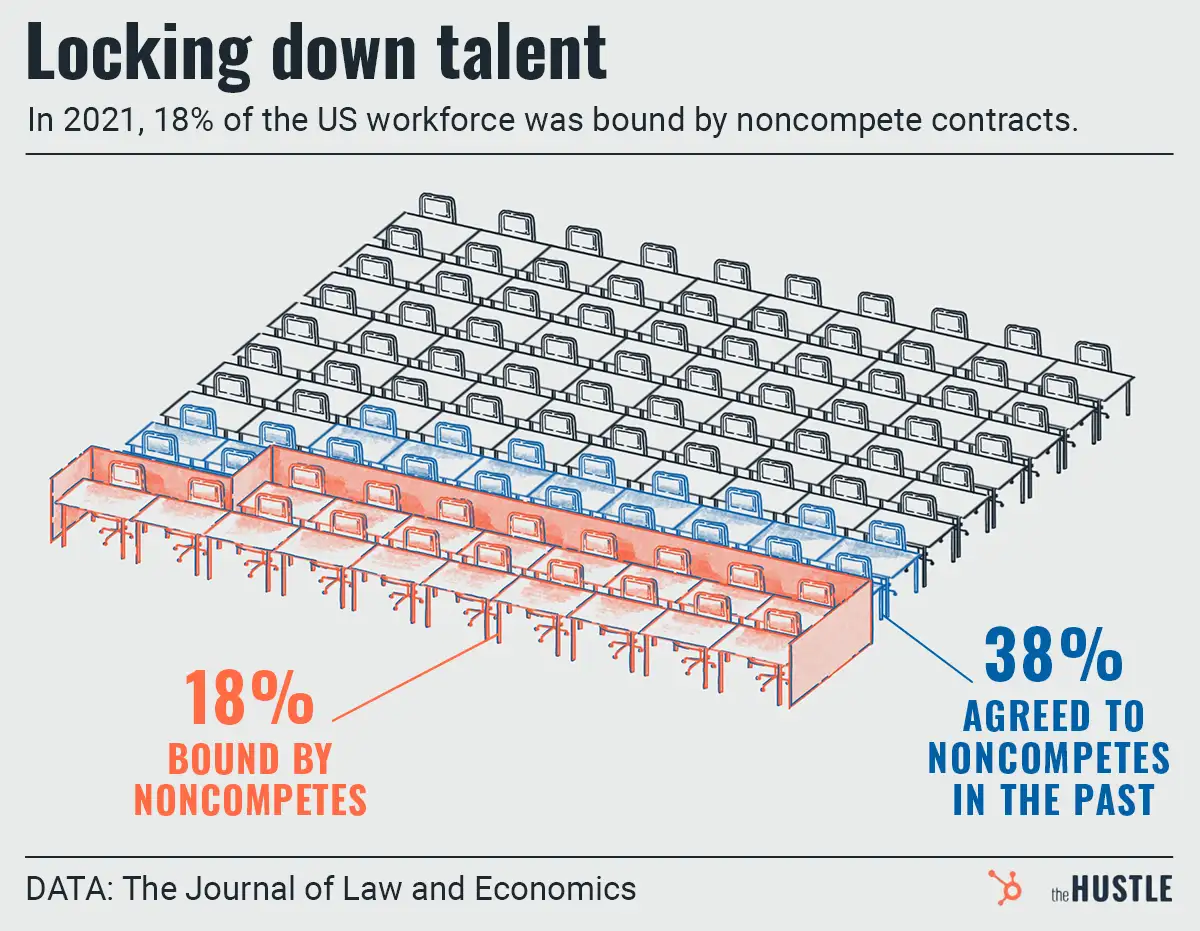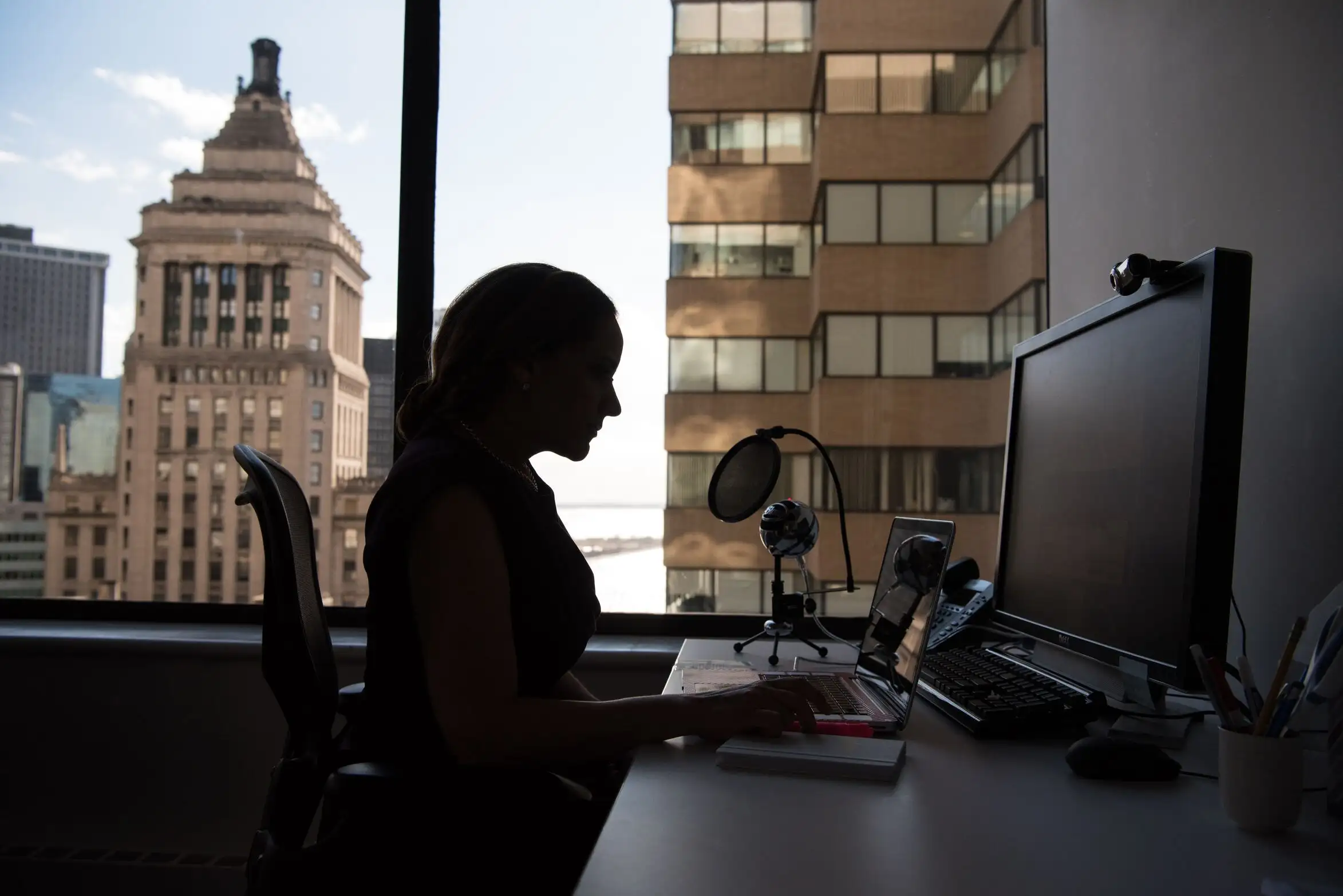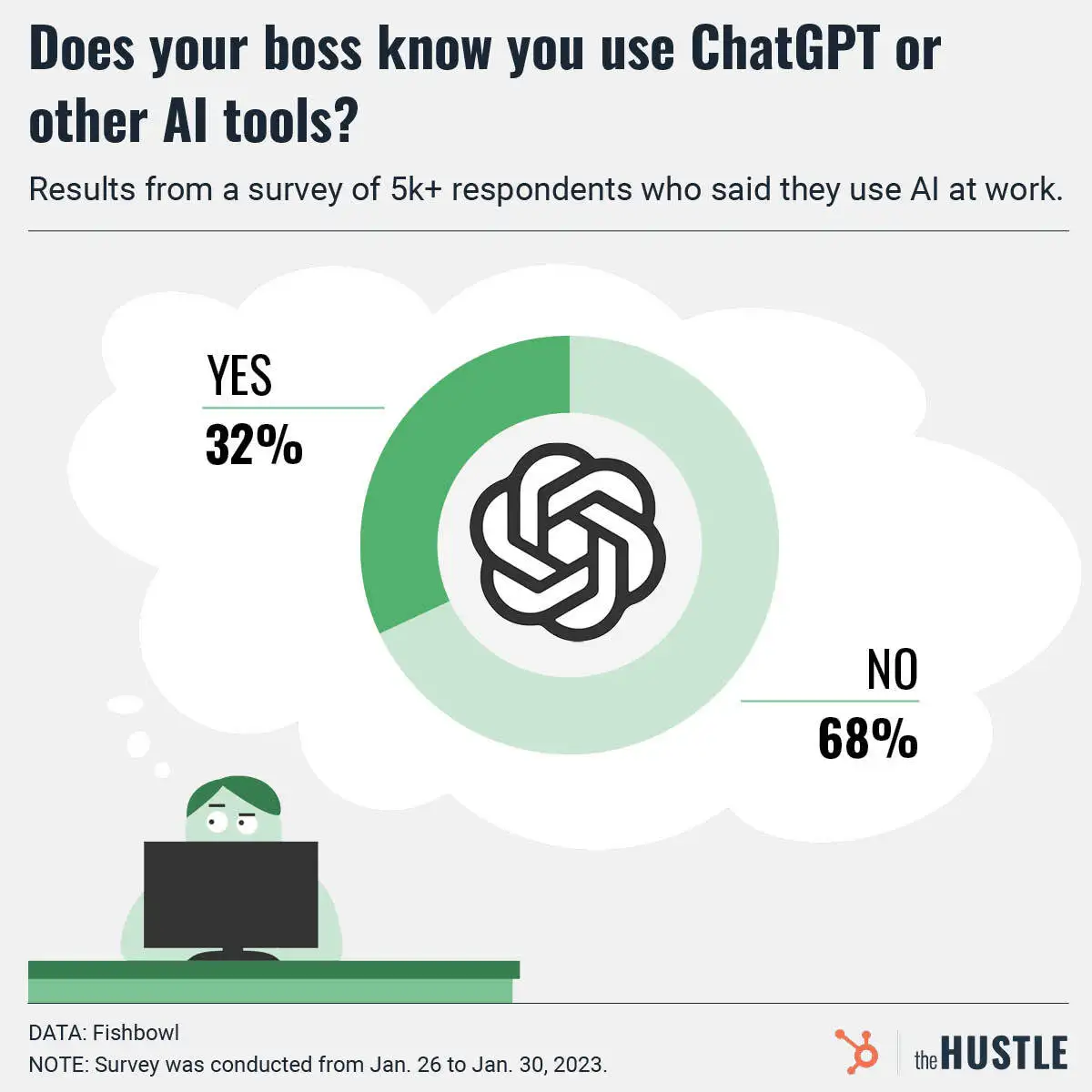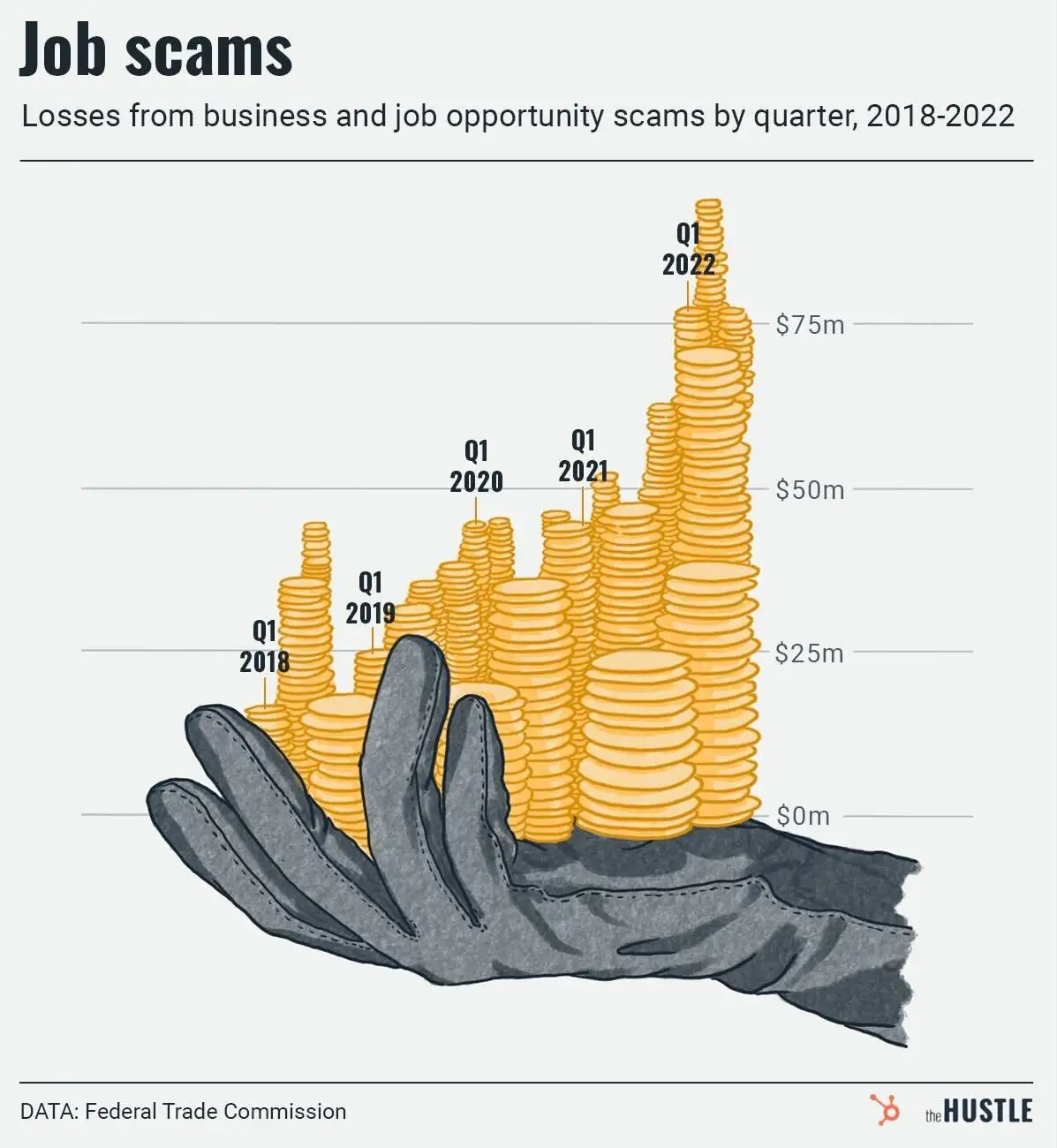Imagine you walk your Sims character into a room filled with people working at desks, a dog, and scattered documents.

Except it’s not Sims — the room resembles your company’s HQ, those people sound like your real-life colleagues, and the documents are Google Docs for your current project.
A number of startups are now combining the best parts of ’90s-era video games with today’s productivity tools to build platforms exactly like this.
Taking a pandemic-era trend one step further
Unlike Slack and Zoom, these platforms turn the office into a virtual playground full of meeting rooms, lunch tables, water coolers, and succulents.
And some are seeing great success:
- Teamflow raised $3.9m and is used at Apple, Reddit, and Uber
- SpatialChat boasts 2.5k+ customers, including LinkedIn, Salesforce, McKinsey, and Harvard
- Remo, a favorite at IBM and Shopify, reached 8-figure revenue in 9 months with no investors
These tools aren’t just a gimmick: They boast important features like collaboration tools and spatial audio for spontaneous chats… because that’s apparently where the real productivity happens.
Are VR environments better for organizing?
Teamflow’s website cites an MIT study that showed the best predictors of productivity were “a team’s energy and engagement outside formal meetings.”
Per the Wall Street Journal, these platforms achieve things Zoom and Slack can’t by triggering our brains’ place cells — parts of the mind that allow us to associate items, people, and projects with physical spaces.
Some experts wonder if another platform is necessary
Still, a recent Gartner survey found that even after a COVID-19 vaccine is widely available, 90% of HR leaders intend to let employees work remotely if possible, even if for just some of the time.
That means virtual work worlds might be here to stay if pre-pandemic work habits don’t return.










